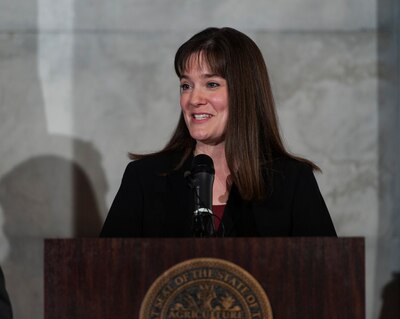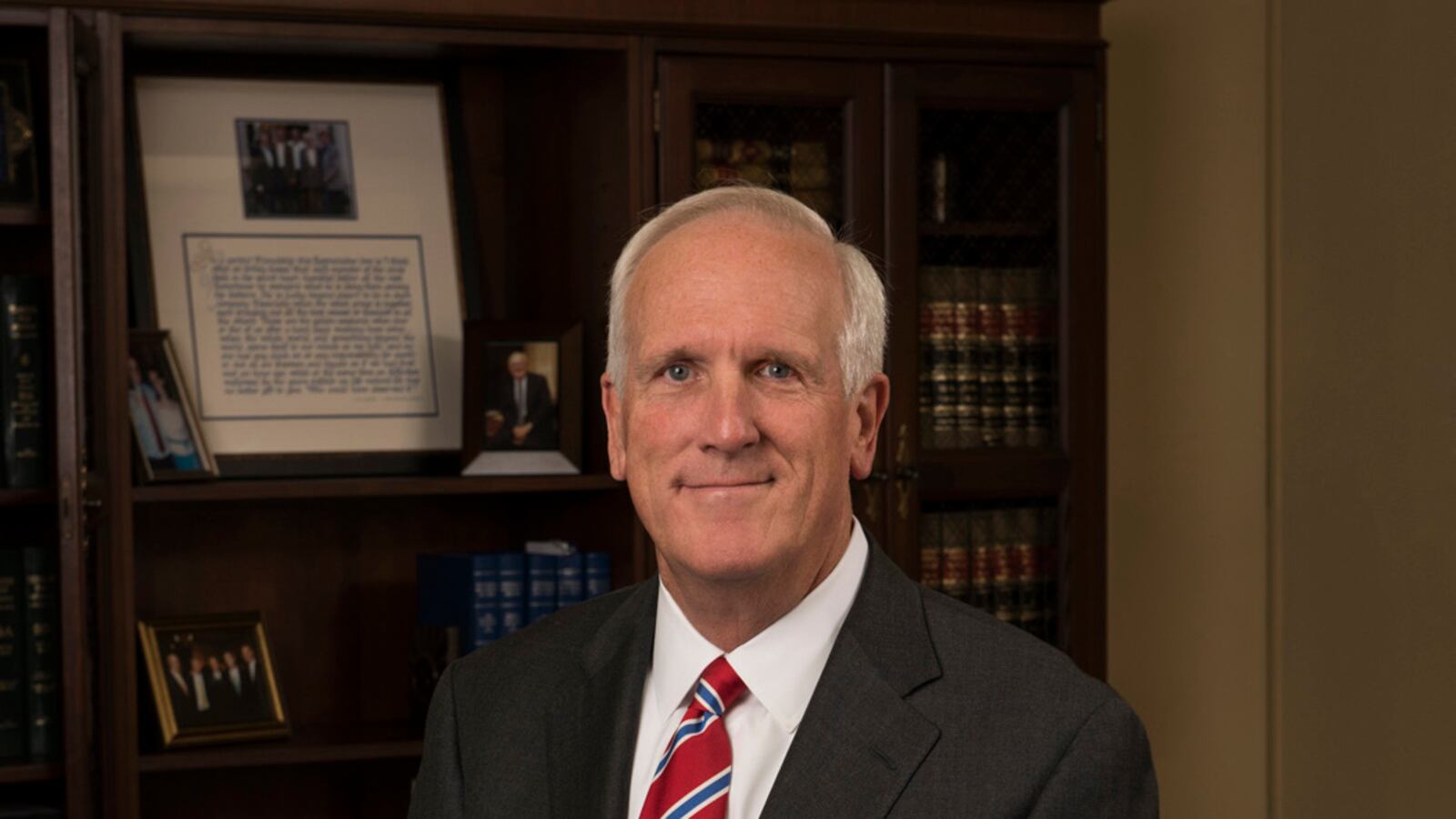Tennessee’s attorney general says requests for student contact information from state-run charter school operators don’t violate a federal student privacy law, but rather are “entirely consistent with it.”
The opinion from Herbert Slatery III, issued late on Wednesday in response to a request by Education Commissioner Candice McQueen, was a win for charter schools in their battle with the state’s two largest districts.

McQueen quickly responded by ordering school leaders in Memphis and Nashville to comply. In letters dispatched to Shelby County Schools Superintendent Dorsey Hopson and Director Shawn Joseph of Metropolitan Nashville Public Schools, McQueen gave the districts a deadline, adding that they will face consequences if they refuse.
“If you do not provide this information by Sept. 25, 2017, to the (Achievement School District) and any other charter school or charter authorizer who has an outstanding request, we will be forced to consider actions to enforce the law,” she wrote.
Neither superintendent responded immediately to requests for comment, but school board leaders in both districts said Thursday that their attorneys were reviewing the matter.
Chris Caldwell, chairman for Shelby County’s board, said he’s also concerned “whether the timeframe stated gives us enough time to make sure families are aware of what is happening.”
Wednesday’s flurry of events heats up the battle that started in July when charter operators Green Dot and LEAD requested student contact information under the state’s new charter law, which gives districts 30 days to comply with such requests. School boards in both Memphis and Nashville refused, arguing they had the right under the federal student privacy law to restrict who gets the information and for what reasons.
The attorney general said sharing such information would not violate federal law.
The requested information falls under “student directory information,” and can be published by school districts without a parent’s permission. For Shelby County Schools, this type of information includes names, addresses, emails and phone numbers.
To learn what information is at stake and how it’s used, read our in-depth explainer.
The opinion also backs up the new state law, which directs districts to share information that charter operators say they need to recruit students and market their programs in Tennessee’s expanding school-choice environment.
However, the opinion allowed for districts to have a “reasonable period of time” to notify parents of their right to opt out of sharing such information. It was not clear from the opinion if the two school districts have exhausted that time.
A spokeswoman for Shelby County Schools said Tuesday the district had not yet distributed forms that would allow parents to opt out of having their students’ information shared, although the district’s parent-student handbook already includes instructions for doing so.
Below, you can read the attorney general’s opinion and McQueen’s letters to both superintendents:
Clarification, Sept. 14, 2017: This story has been updated to clarify the school boards’ arguments for not sharing the information.


